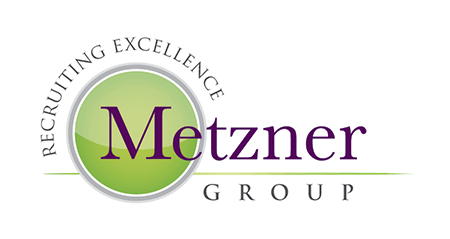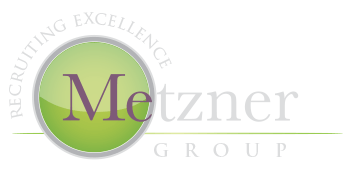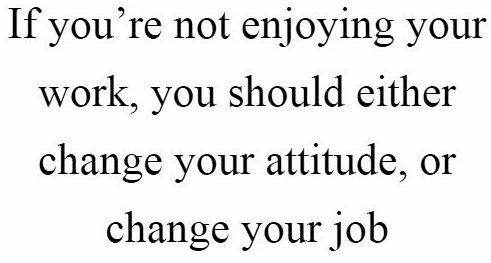
The Metzner Group specializes in architecture and civil engineering executive search.
The Metzner Group specializes in architecture and civil engineering executive search.
Markets
Industry Leaders
Employers
Recruiting / Consulting Solutions
About The Metzner Group
Areas of Expertise
Testimonials

,,
"Nobody knows the civil engineering market better and nobody produces a more satisfactory result."

,,
"Carol has been a tremendous pleasure to work with and made the entire transition a far less stressful situation than it might have otherwise been"

,,
"Carol is tenacious and she is excellent when it comes to follow through and communication."

,,
"She is a straight shooter and a tireless advocate, so she is always a good person to have working on your side of the fence."
Button
,,
"She has a true passion for the industry and the people."
Button
,,
"Her hands on approach and ability to ask the tough questions separates her services from others we have used."
Button
,,
"Nobody knows the civil engineering marketplace better and nobody produces a more satisfactory result."
Button
,,
"Carol brings integrity and competence to an industry that is more often based on hype and hope."
Button
,,
"She is very responsive and does a good job at finding the hard to find candidates."
Button
,,
"I can recommend her to both candidates and companies who desire to work with a professional recruiter that will deliver quality service."
Button
Let’s Talk
Contact Us
Thank you for contacting us.
We will get back to you as soon as possible
Please try again later
Blog



Celebrating more than
30 years
An executive search firm, dedicated exclusively to A/E/P recruitment throughout North America.
QUICK LINKS
All Rights Reserved | Metzner Group | Website & Hosting by SovoWeb a division of RedXWebDesign





